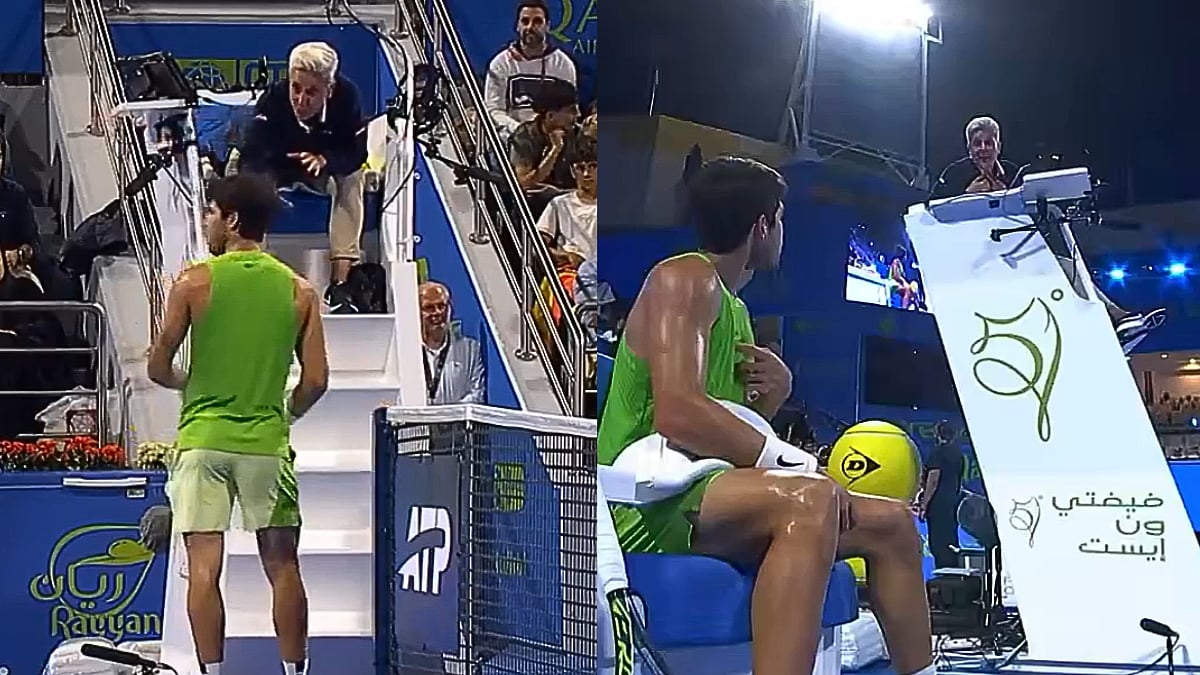India and Russia are considering accepting RuPay and Mir cards in each other's countries as a way to facilitate seamless payments despite the sanctions imposed by the West on Moscow. This move is aimed at ensuring that payments between the two countries are not disrupted and made easier.
At the IRIGC-TEC, a high-level intergovernmental commission meeting on trade, economic, scientific, technological, and cultural cooperation, both nations engaged in discussions and mutually agreed to consider the possibility of accepting these cards in their respective countries.
Once the RuPay cards from India and Mir cards from Russia are mutually accepted, citizens of both nations will be able to make convenient payments in Indian rupees and Russian rubles in their respective countries without any difficulties.
External Affairs Minister S Jaishankar and Russia's Deputy Prime Minister Denis Manturov co-chaired the meeting, during which they mutually agreed to examine the feasibility of linking India's Unified Payments Interface (UPI) of National Payment Corporation and Russia's Faster Payments System (FPS) of the Bank of Russia.
Furthermore, they also decided to consider implementing the Services Bureau of Financial Messaging System of the Bank of Russia for cross-border payments, and discussed how India and Russia could adopt this Russian financial messaging system.
Presently, cross-border payments from India and vice versa are facilitated through the SWIFT network. However, given the current sanctions, India may not have any other option than to continue using the SWIFT network.
It is worth noting that Prime Minister Narendra Modi and Singaporean Prime Minister Lee Hsien Loong recently inaugurated cross-border connectivity between UPI and PayNow. With this collaboration, people from both countries can now carry out speedy and cost-effective digital transfers using India's Unified Payments Interface (UPI) and Singapore's PayNow.





